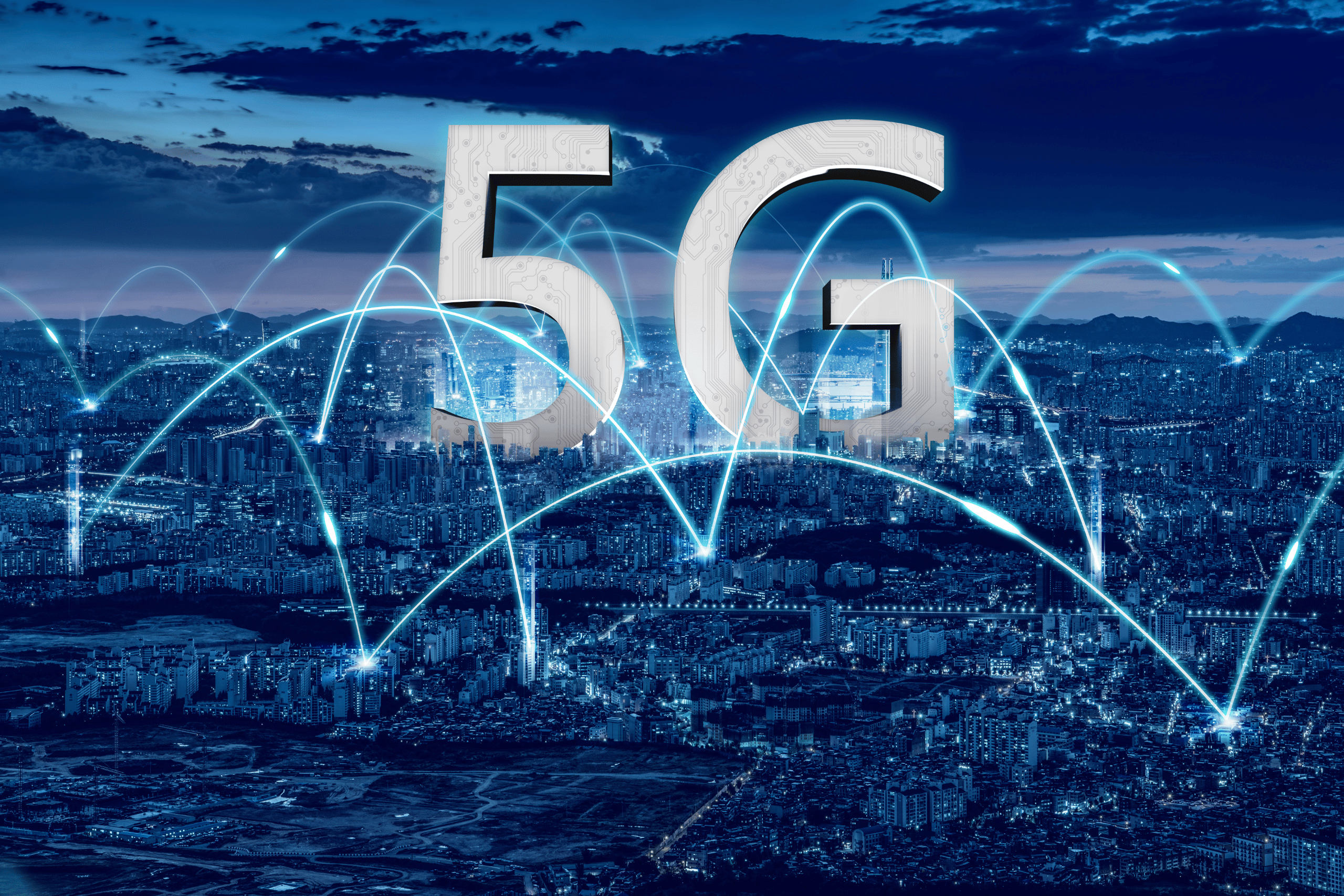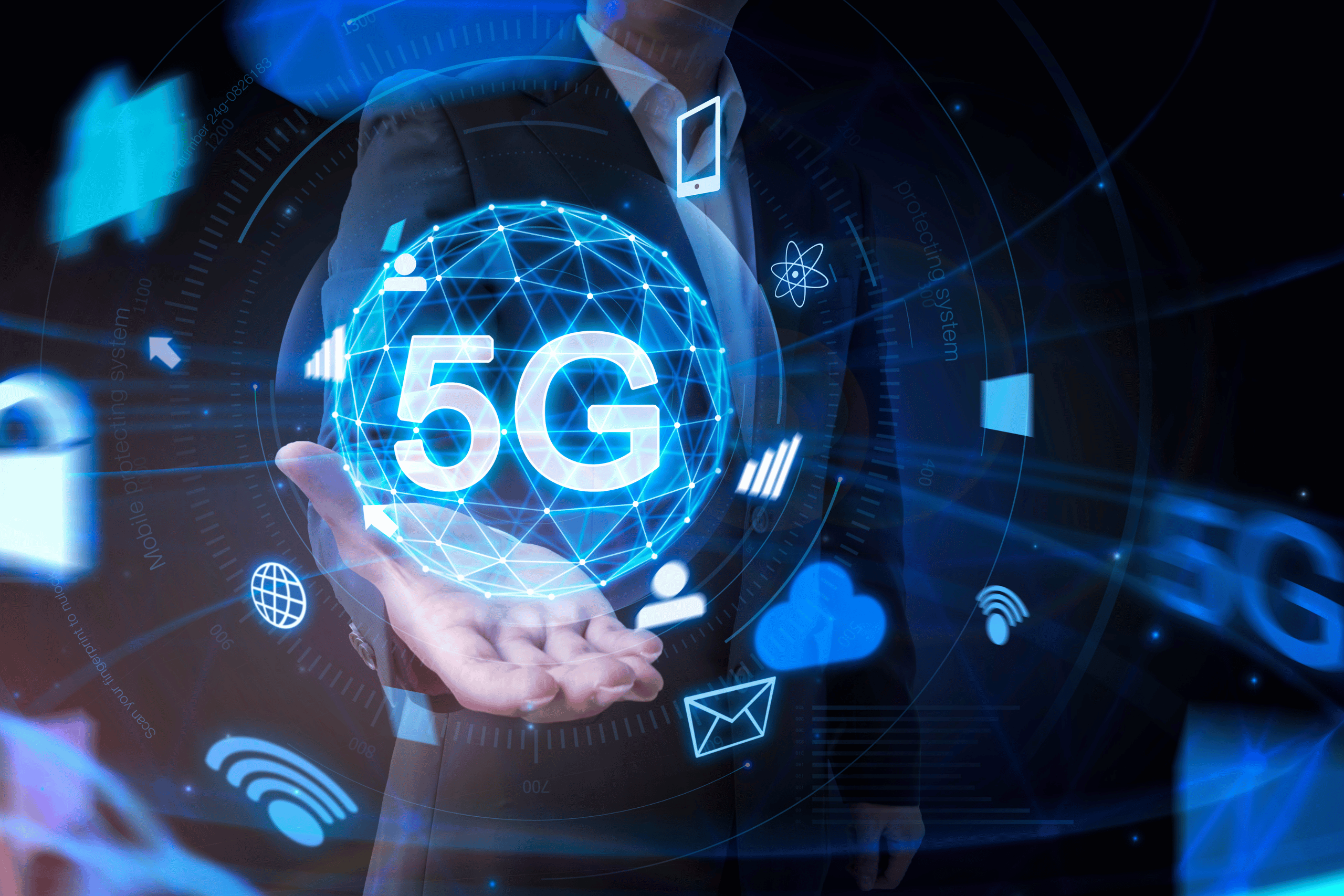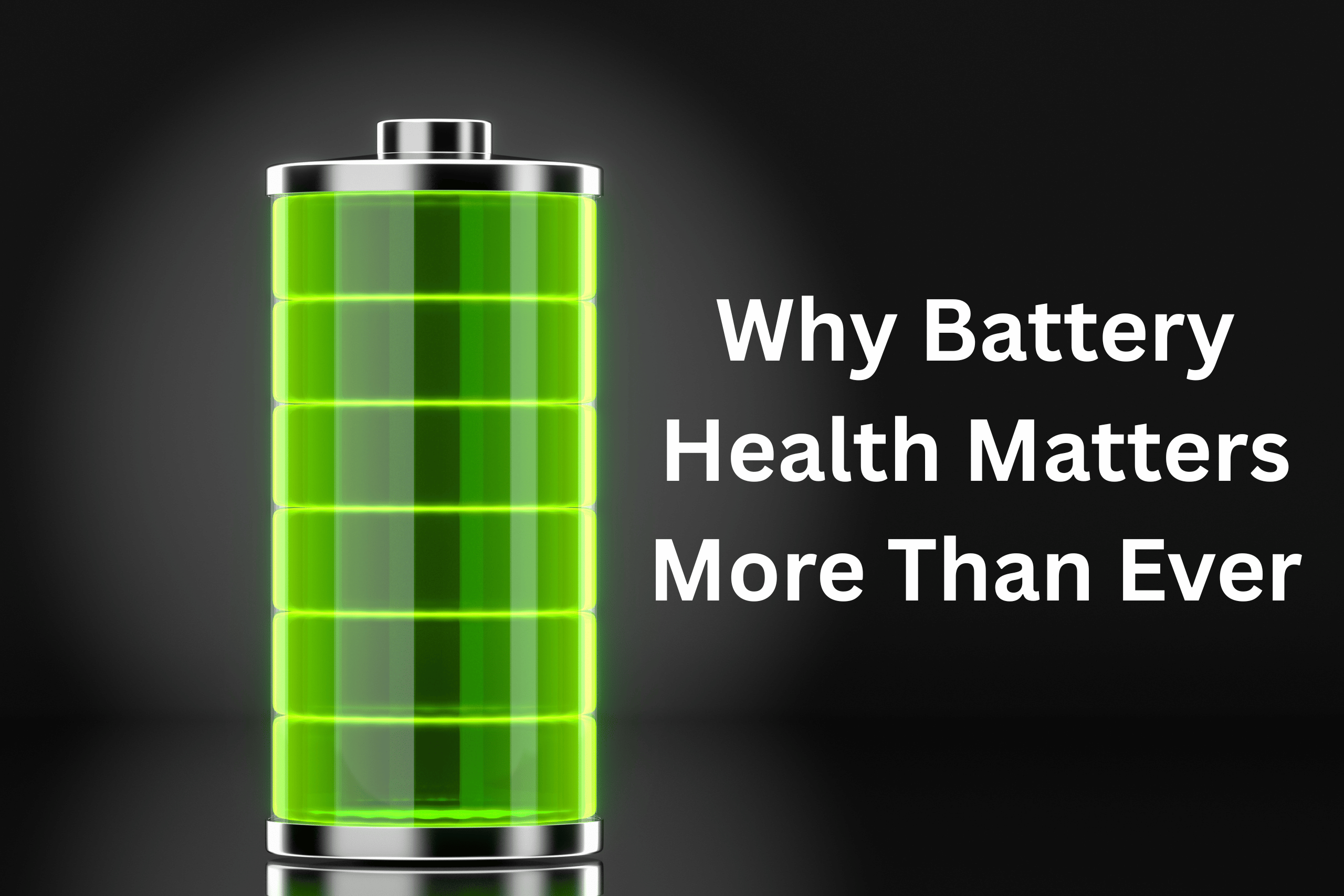
With 5G networks rolling out worldwide, the promise has always been faster speeds, lower latency, and seamless connectivity. Yet for many users, the experience is not living up to expectations — instead they’re facing slower speeds, unexpected drop-offs, and higher latency. In short: 5G network congestion is emerging as a real headache.
What’s Causing 5G Congestion?
- High device density: In busy cities or large venues, many 5G customers share the same cell-tower resources, which dilutes available capacity.
- Backhaul bottlenecks: Even if the radio link is 5G, the link from tower to core network may still use older infrastructure, limiting effective throughput.
- Spectrum sharing and interference: Some operators are reusing spectrum between 4G/5G or using mid-band frequencies that conflict with other services, reducing efficiency.
- Insufficient network planning: Rapid 5G deployment sometimes outpaces optimization — towers may not yet be upgraded for peak usage scenarios.
- Heavy data usage: As users stream high-resolution video, play cloud games and use AR/VR, the demand on the network skyrockets faster than expected.
How To Improve Your 5G Experience
- Switch to less busy bands: If your device supports it, opt for mmWave or higher-band 5G where available — they face less congestion than mid-band or low-band.
- Connect to Wi-Fi when possible: Using home or trusted Wi-Fi can relieve pressure off the mobile network and often deliver better speeds.
- Restart or relocate your device: Moving to an area with fewer users (higher floor, nearer a window) may reduce congestion and improve signal.
- Monitor network performance: Use apps like Speedtest or your carrier’s diagnostics to identify when and where slowdowns happen; report it to your provider.
- Switch providers or plans: Some carriers offer prioritized or less-crowded 5G access as part of premium plans. If congestion is constant in your area, consider alternatives.
Why This Matters
As more “always-connected” devices (smartphones, tablets, VR headsets) become common, network reliability becomes as important as speed. Businesses depending on mobile connectivity — gig workers, remote employees, field technicians — are particularly vulnerable to 5G slowdown. Worse, as rollout continues, unmet performance can damage user trust in next-gen networks.
Read more tech related articles here.






Leave a Reply